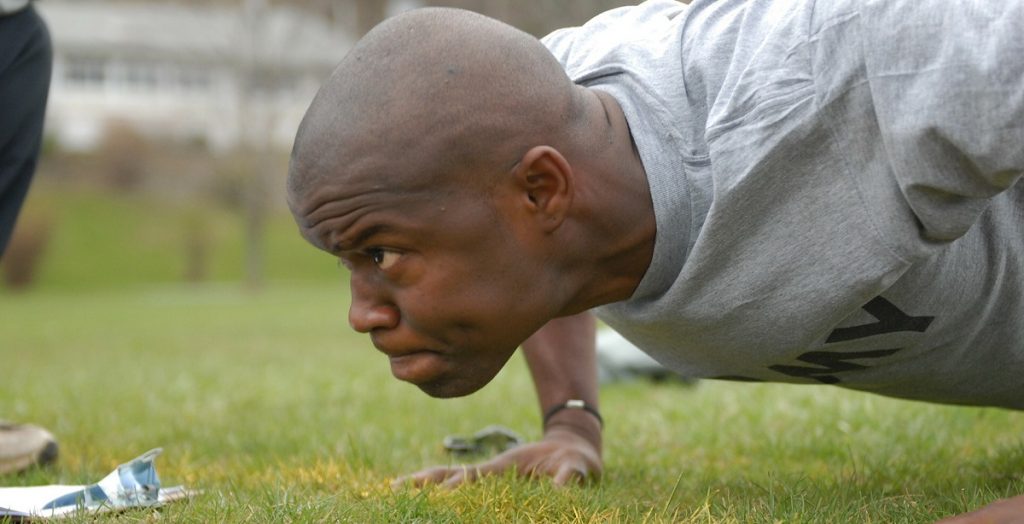From day one, law enforcement and military training require complete dedication from your body and mind. Although preparing your body for the physical toll you’ll likely face, don’t forget to condition yourself mentally. After all, it’s the mind that will help you keep going.
That said, here are expert tips that can help you breeze through police and military training.
Familiarize Yourself with the Law
A crucial part of training for law enforcement is to know the laws you’re enforcing. However, there are many little things to master, such as using police lights and sirens lawfully, using police bodycam, monitoring police radio scanners, or when it is right to arrest an individual. Getting a head start on the bookwork can help you excel in training, giving you time and mental space to focus on other training areas later on.
You can do this by brushing up on criminology, criminal custody, patrol techniques, and general criminal laws and procedures.
Physically Condition Yourself
Being a troop or officer requires extreme physical fitness. That’s why it shouldn’t be a surprise that an extensive portion of military and police training programs calls for high levels of strength and cardiovascular endurance before training and after.
It’s best if you physically prepare yourself for the strenuous physical training ahead, doing frequent full-body workouts like running, push-ups, squats, and deadlifts.
Get Your Mind Right
Troops and officers are often asked to trust their fellow men and women in uniform with their own lives. In other words, training often intends to pluck out any recruits who aren’t up for the extremely high-pressure scenarios that the job entails. Throughout the training, instructors will usually aim to make attendees mentally strong by breaking them down psychologically. That’s why you’ll notice the professionals always yelling, demanding obedience, and absolute discipline throughout the process.
To mentally prepare yourself for the challenge ahead, adopt some habits that can strengthen your mind, like daily visualization exercises. For example, picture an instructor yelling at you and see how you can respond in a calm and disciplined manner.
Maintain a ‘Good’ Attitude
Besides conditioning your mind, make sure you practice and maintain a ‘good’ attitude throughout the training, including preparing to work. That’s because instructors will often throw a lot of information at you in a short period, and these professionals like seeing recruits that are willing to listen, learn and show a good attitude throughout the process.
Make Friends With Veterans and Recruits

To prepare yourself for the lengthy and challenging military and police academy training, connecting with individuals who have been there before and other recruits is a must. For example, joining online forums of veterans or clubs with other troops or officers gives you a chance to ask questions regarding training, helping you get useful information from individuals with experience.
Make sure to carry this collaborative spirit into training with you, as teamwork will likely help you push through when all else fails. So, during orientation day, connect with as many people as you can. After all, you’ll be relying on each other throughout the process and beyond.
Polish Up Your Shooting Skills
Although there’s no need to enter the military or police academy as an expert sharpshooter, shooting is still a crucial skill you need to master. So, generally, the more hours you can put in the shooting range to polish up your shooting before training, the better you’ll fare. Get comfortable handling common firearms in the force like 12-gauge shotguns, 9mm pistols, and .40 caliber handguns.
Additionally, take an introductory firearms safety course beforehand to familiarize yourself with disciplined gun handling.
Develop Thick Skin
Finally, one of the most crucial things you need to do as an officer or troop in training is to develop a thick skin. That’s because instructors are usually strict to help you condition yourself from inside and out, allowing you to tackle any situation with ease. Additionally, these professionals help aspiring officers and troops to get used to being coached, take constructive criticism, and other things they may encounter from supervisors on the job.
So, if you notice instructors being particularly stringent or harsh, there’s a good reason for it, so don’t take it personally and listen and follow as instructed. Being respectful and obedient can bring you a long way in your career.
Military and law enforcement training can be detrimental, especially if you aren’t used to doing strenuous activities. The tips mentioned can help you survive combat training or improve your performance—making the process smoother and enjoyable, allowing you to condition yourself inside and out with ease.






